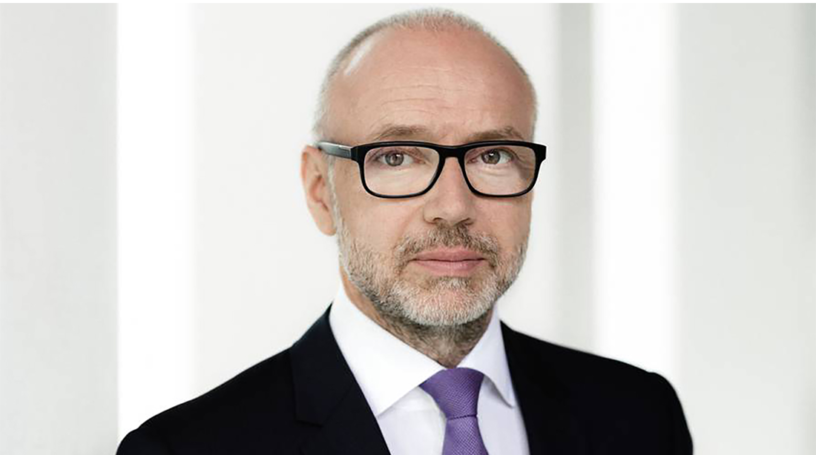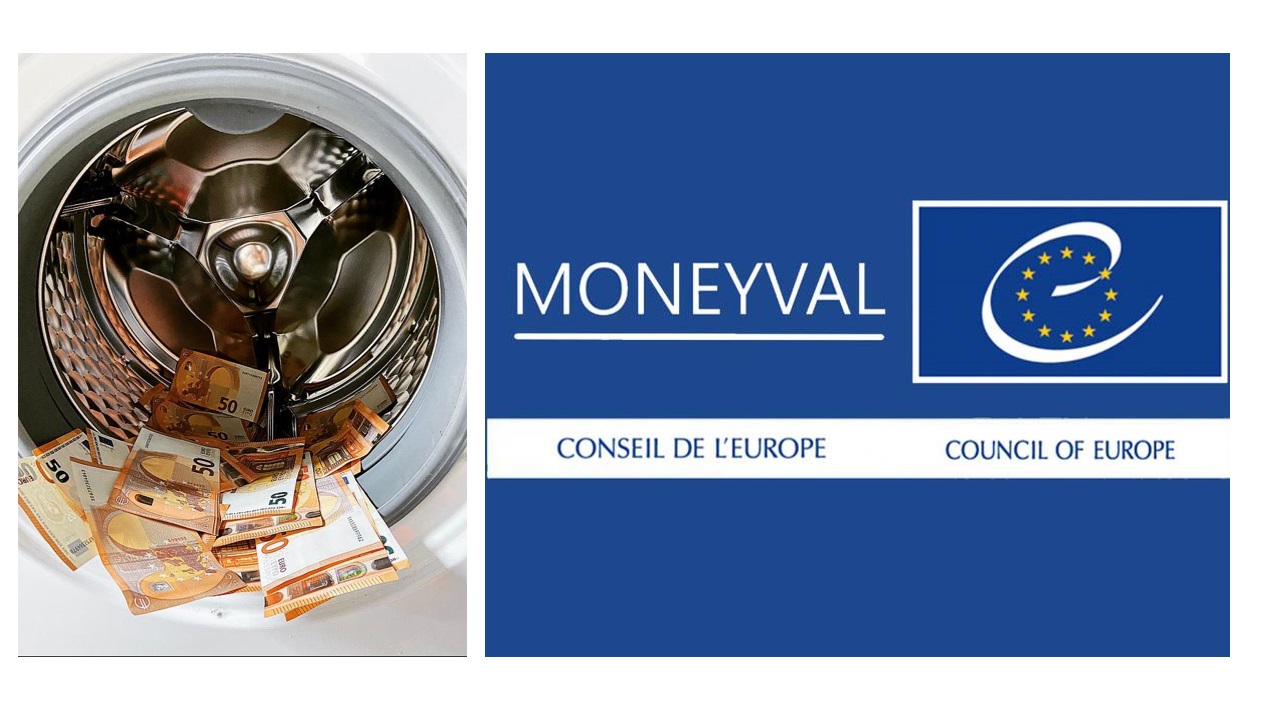By Dan Byrne for AMLi
A CULTURE of ‘healthy scepticism’ is vital in financial institutions to advance efforts against financial crime, the Chief Compliance Officer of Danske Bank has told a conference of Nordic AML executives.
This idea would act as a counterbalance to the local ‘culture of trust’ – a culture which was delivered an urgent wake-up call in the aftermath of several large-scale fraud scandals, said Philippe Vollot.
Vollot, now two years in the role of Danske CCO, told the ACAMS Nordics Financial Crime Virtual Symposium that the key to fighting financial crime was reinforcing public-private partnerships.
He urged any institution which saw potential wrongdoing within its systems to “pick up the phone and call the authorities.”
“Never forget that it’s important to actively talk to law enforcement agencies,” he said, noting that many of these agencies are currently experiencing dam-breaking levels of suspicious activity reports (SARs) which could risk important information falling off the radar.
“When you have an SAR that is something you believe as potentially dangerous, something that flashes a red light, give them a call! Draw their attention to the fact that they should focus on it.”
Vollot became Danske CCO in the midst of the bank’s now-infamous laundering scandal – described as possibly the largest banking scandal in European history.
He made subtle references to the continuing fallout of the revelations as he spoke, but drew wider attention on the fact that Nordic countries – despite their economic prosperity and healthy democracies – have not escaped blame when it came to financial crime.
“We have seen FinCEN, where some of the jurisdictions in the Nordic region were mentioned,” said Vollot. “We have seen a very clear increase in the Nordic region to increase scrutiny, launch more inspections and reviews.”
“In the last two years, there has been a wake-up call. I’m a huge fan of the ‘culture of trust’ that is so strong here, but I think there is a wake-up call posed by financial crime… which has led many organisations to start massive remediation projects.”
Vollot delivered his remarks in the backdrop of the ongoing COVID-19 pandemic, as customers and employees rely more and more on digital business.
While acknowledging that it was difficult to maintain fluid transparent relationships with authorities during the crisis, Vollot urged institutions not to give in to the “I’m stuck at home,” mentality.
“We need to get as close to the business as we can,” he advised. “Keep very close to key stakeholders both internally and externally. Stay focused on keeping people aware of what’s going on.”
Share this on:
Follow us on:











